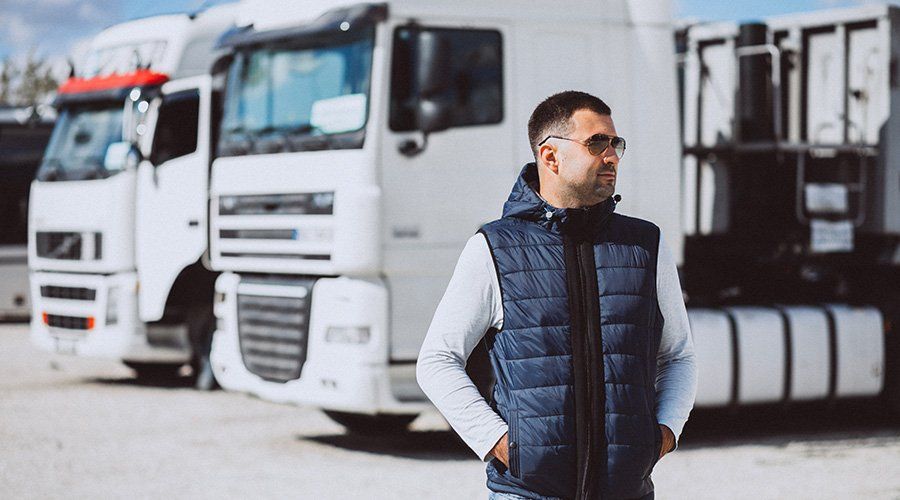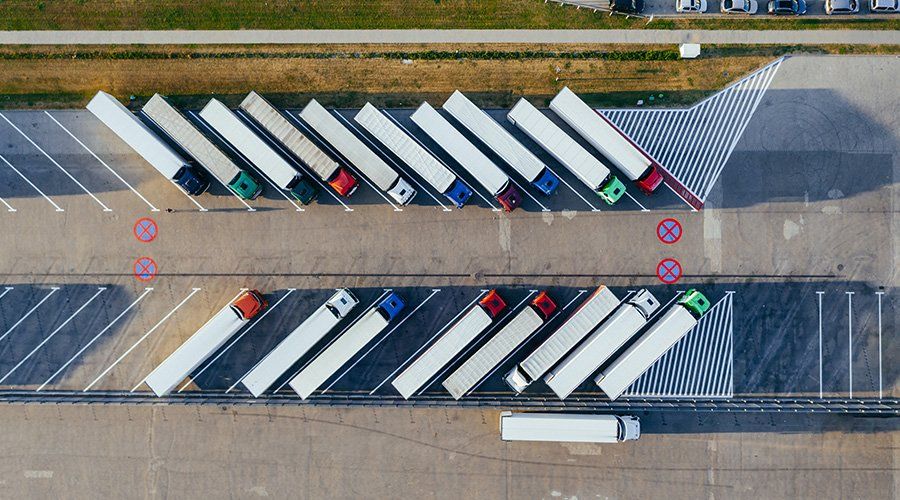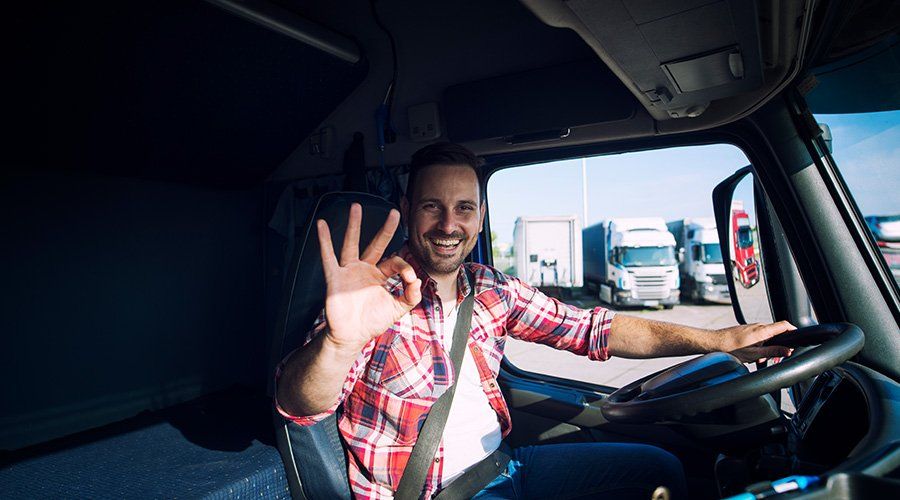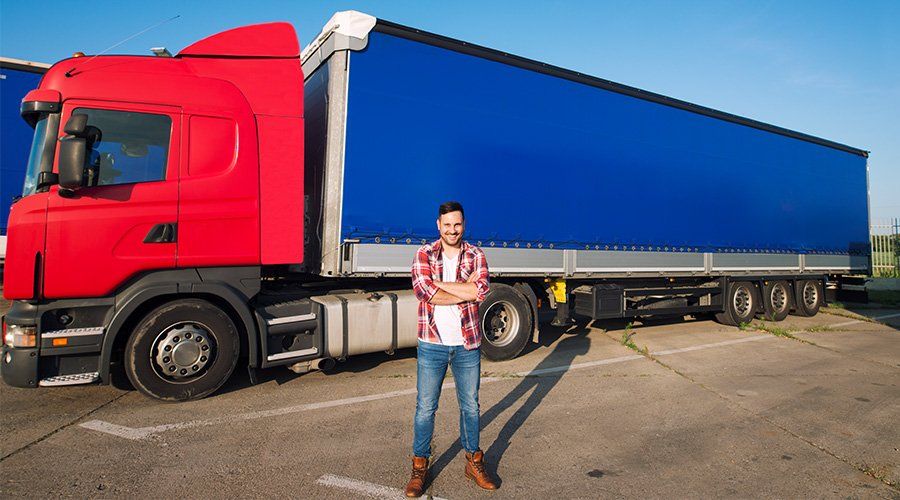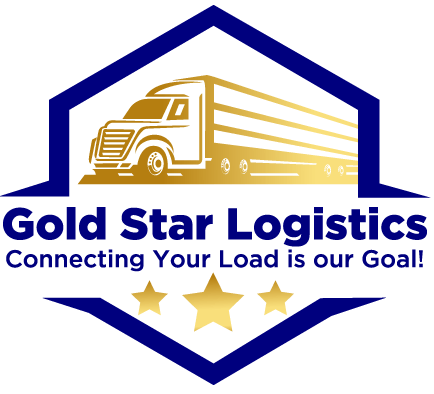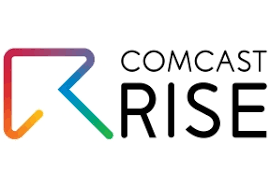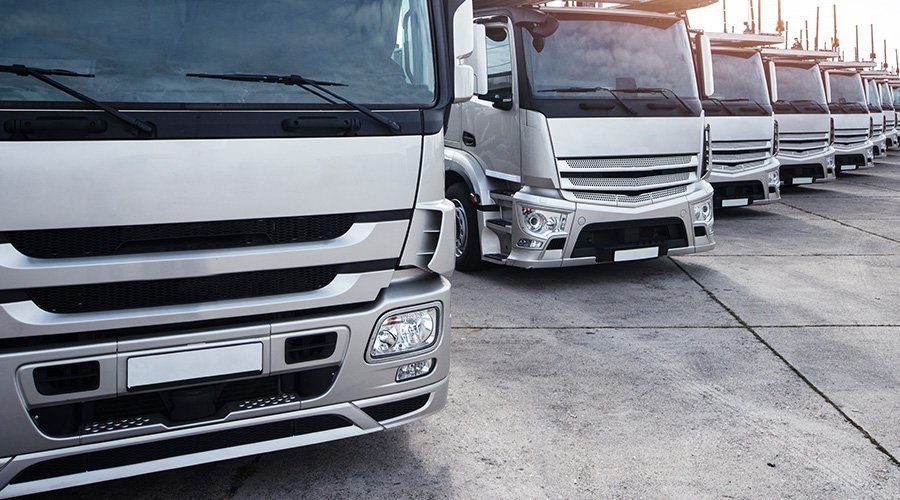
Have you been in the trucking business for a while, and now you’re ready to start a logistics company of your own? Are you brand new to the industry and want to know how to open a trucking company? Curious about what it takes to start a trucking company, what kind of insurance you need, or what sort of costs you should be anticipating before getting started? We’ve got you covered. With a history of helping fleet owners get their businesses off the ground, here is your simple guide—based on the questions we get asked daily.
Can you explain how to open a trucking company?
It takes more than just a few words to describe how to open a trucking company—which is why we wrote an entire blog on the subject. For a brief overview, though, the simple steps include:
- Writing a business plan
- Deciding on a business structure (LLC, partnership, corporation, etc.)
- Obtaining the correct licenses and permits
- Getting insurance
Sound like a hassle? Gold Star offers
consultative services or full business set-up to make it simple.
What does it take to start a trucking company?
In addition to the necessary business documents outlined above, what it takes to start a trucking company is more than just paperwork. It takes a couple of assets, too:
- Money. To start, it takes some capital — roughly $10,000 to $20,000 for most new trucking company owners.
- A truck or trucks. You can start a trucking company with just a single truck (either owned, leased, or lease-to-own) or a full fleet. The vast majority of trucking companies have fewer than seven trucks.
What kind of insurance do I need to start a trucking company?
The kind of insurance you need to start a trucking company includes:
- Primary liability that will cover any damages or injuries due to an at-fault accident. While the FMCSA only requires $750,000, most shippers & brokers request $1 million.
- Cargo coverage covers theft and damage to the freight. The amount necessary varies depending on the cargo you’re hauling, but a standard amount is $100,000.
- Physical damage insurance to cover any damages to the trucks where you are not liable.
- Non-trucking use coverage covers liability in the event that your truck is in an accident when not hauling cargo for a client.
Some argue that a trucking company should have
several other types of coverage in place, including
cyber insurance.
What costs go into opening a trucking business?
The costs that go into opening a trucking business can vary based on state and company specifics. Here is a rough outline of the expenses you can anticipate if you decide to start a trucking company:
- Filing fees for the registration, documentation, and licenses necessary to open a company
- Insurance down payments (per truck)
- IRP (per truck)
- Heavy vehicle use tax obligations (per truck)
- Other tax obligations (per truck)
- Leasing or purchasing a truck or fleet
In addition to these start-up expenses, you will also need to pay for fuel, maintenance, labor, and marketing to keep your trucking company moving
How Can Gold Star Help Me Start a Trucking Company?
Gold Star has been in the business for years, and we offer a variety of services to help everyone, from new owners to long-time trucking professionals. We offer consultative services like business set up, ongoing coaching, and limited coaching sessions. We can help get your company moving with an Amazon set up. And once you’re ready to start, our dispatch services make it easy. Ready to get started? Give us a call or fill out our web form today.
